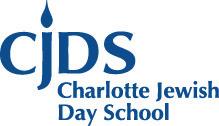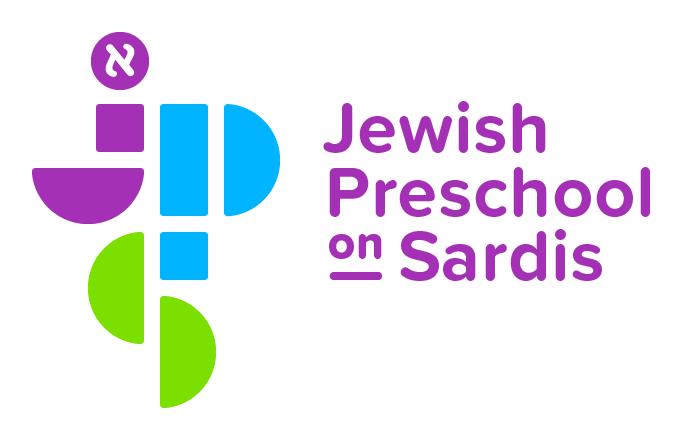
3 minute read
Pinwheel Garden Recognizes Child Abuse Prevention Awareness
By Rachel Green
Each April, you may have noticed brightly colored blue and silver pinwheels around Charlotte, planted in the ground near government buildings, public parks, schools, and businesses. These “pinwheel gardens” have been planted each year since 2008 to recognize Child Abuse Prevention Awareness Month. The pinwheel is chosen as a symbol of childhood, and according the Mecklenburg County Child Abuse Prevention Team website, “Shining in the sun, the pinwheel is reflective of the bright, healthy future all children deserve.” Jewish Family Services (JFS) has been a member of the committee tasked with the planning of Child Abuse Prevention Month for the past several years and works with other community organizations to plan the planting of more than 50 pinwheel gardens. This year, Shalom Park will plant a pinwheel garden located across from the front of the Levine Jewish Community Center near the parking structure. JFS will also host a pinwheel garden in Pineville at Lake Park as part of the JFS Pineville community outreach program.
The pinwheel gardens will also be promoted online through the #passthepinwheel campaign. The community is invited to take a selfie in front of a pinwheel garden or an artistic shot of the pinwheels and post it to social media with the #passthepinwheel to spread awareness and visibility for the campaign. JFS will be planting the Shalom Park Pinwheel Garden on April 2. Will you #passthepinwheel?
Bringing awareness to the issue of child abuse prevention is essential every year — and now more than ever. The COVID-19 pandemic has increased stress and isolation for families. Children are spending more time at home and less time in the community where support may be more readily available. School, places of worship, after-school sports, and other activities can act as safety zones for children and are often where child abuse is identified and reported. According to the Mecklenburg Department of Social Services, reports of suspected child abuse have decreased by 40% during the pandemic, largely the result of children not being in school and decreases in children’s medical appointments, the two largest reporters of suspected abuse.
Many people may wonder what they can do to help. How can one person do anything to prevent child abuse? The message from Prevent Child Abuse North Carolina and the Mecklenburg County Prevention team is clear; everyone plays a part. The campaign #ConnectionsMatter promotes the concept that you don’t have to be the parent to prevent child abuse. In fact, a child making a connection in the community with neighbors, teachers, janitors and other school staff in school or religious school, coaches on sports teams, or many other positive connections can all have meaningful and lasting effects on kids and families.
In addition to bringing awareness to the general issue of child abuse prevention and promoting how to #beaconnection, the Mecklenburg County Prevention Team also provides hands-on tools for parents to help keep their own children safe. For example, talking with your children about the difference between “secrets” and “surprises” is important so that your child knows to tell you whether anyone ever asks him or her to keep a secret from you. Also important is to empower children to decide who they want to give or receive a hug from and from whom they may prefer a handshake (or in current times, an elbow shake!). By having open and honest dialogue with your children, child abuse prevention and awareness can start at home. For more tips like these, visit the Mecklenburg County Prevention Team website at https://www.meck4kids.org.
JFS offers a range services to help support parents and families. Triple P Parenting individual and workshop sessions can provide parents tools for addressing behaviors in a positive and effective manner. According to the Centers for Disease Control and Prevention (CDC), it is important to build on a family’s protective factors or area of strength. “Protective factors may lessen the likelihood of children being abused or neglected. Identifying and understanding protective factors are equally as important as researching risk factors.” The CDC lists both nurturing parenting skills and parental education as two core “family protective factors” for child abuse and neglect. Through parenting classes and sessions, family counseling and support, JFS is here to help the community.
If you or someone you know needs support, please contact JFS. We are here to help. (704) 364-6594.











